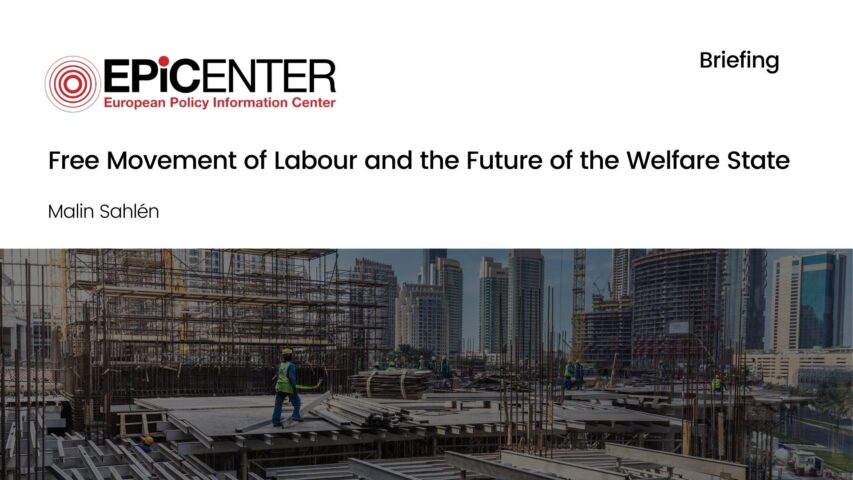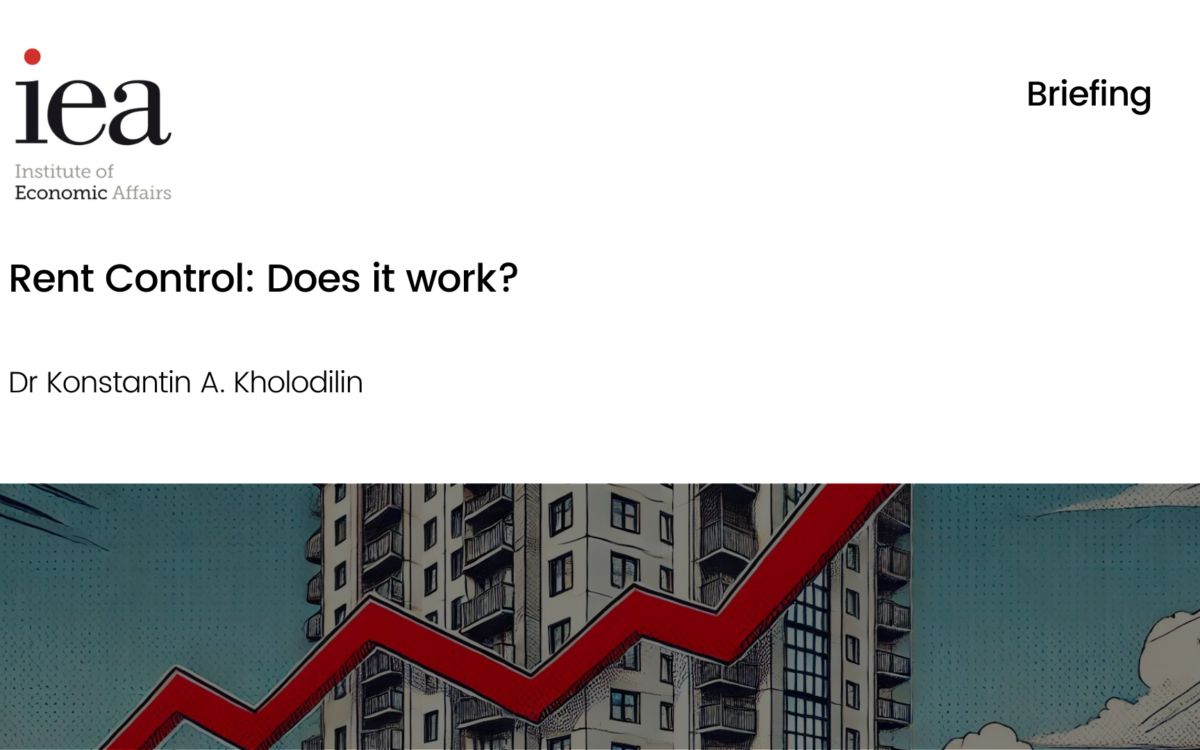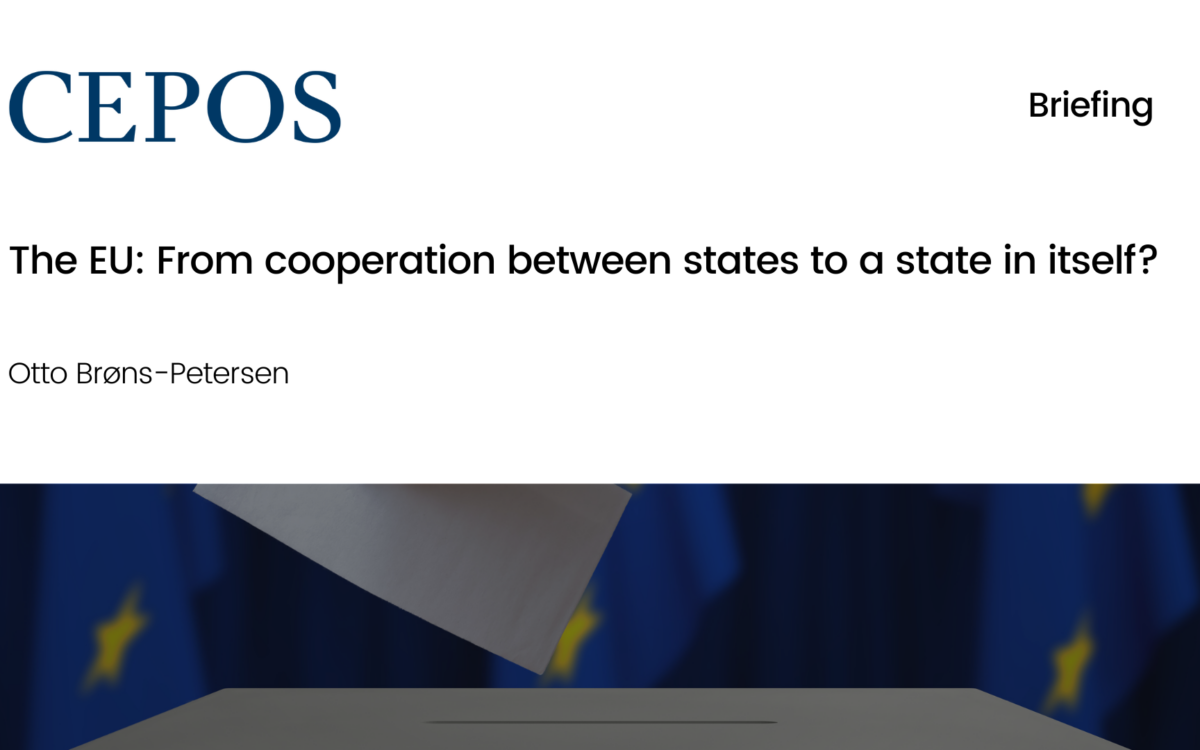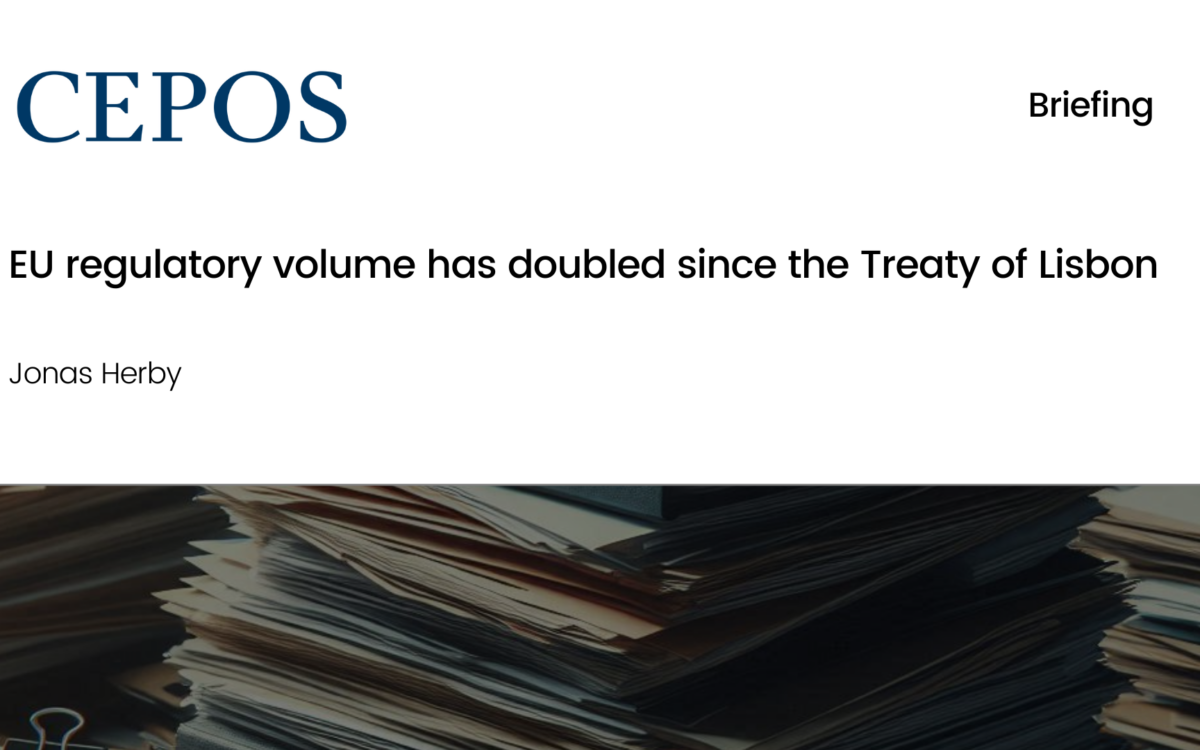Free Movement of Labour and the Future of the Welfare State

Free Movement of Labour and the Future of the Welfare State
October 2014
The free movement of workers across Member States is one the main historic achievements of the European integration process. Not only is such freedom important from the individual worker’s perspective, dramatically increasing the scope of potential employment opportunities. In a situation of uneven economic development, such mobility has also proven to be an important mechanism as a free-market regulator. The movement of workers from member states whose post-crisis unemployment levels remain higher than in nations with more favourable labour markets has improved the lot of the movers as well as cut unemployment in sending countries and helped to fill skills gaps in recipient countries, thus increasing overall EU productivity.
Download or share this publication
View the PDF
EPICENTER publications and contributions from our member think tanks are designed to promote the discussion of economic issues and the role of markets in solving economic and social problems. As with all EPICENTER publications, the views expressed here are those of the author and not EPICENTER or its member think tanks (which have no corporate view).



